Mystery of how water arrived on Earth might be solved at last
The origins of water on our planet have been a subject of much debate among scientists. However, new research has shed light on the enduring mystery of how water arrived on Earth. The evidence from different studies indicates that asteroids and other celestial objects played a vital role in delivering water to our planet. The following article outlines the research findings and traces the history of water delivery on Earth.
The prevailing theory points to asteroids as the source of Water
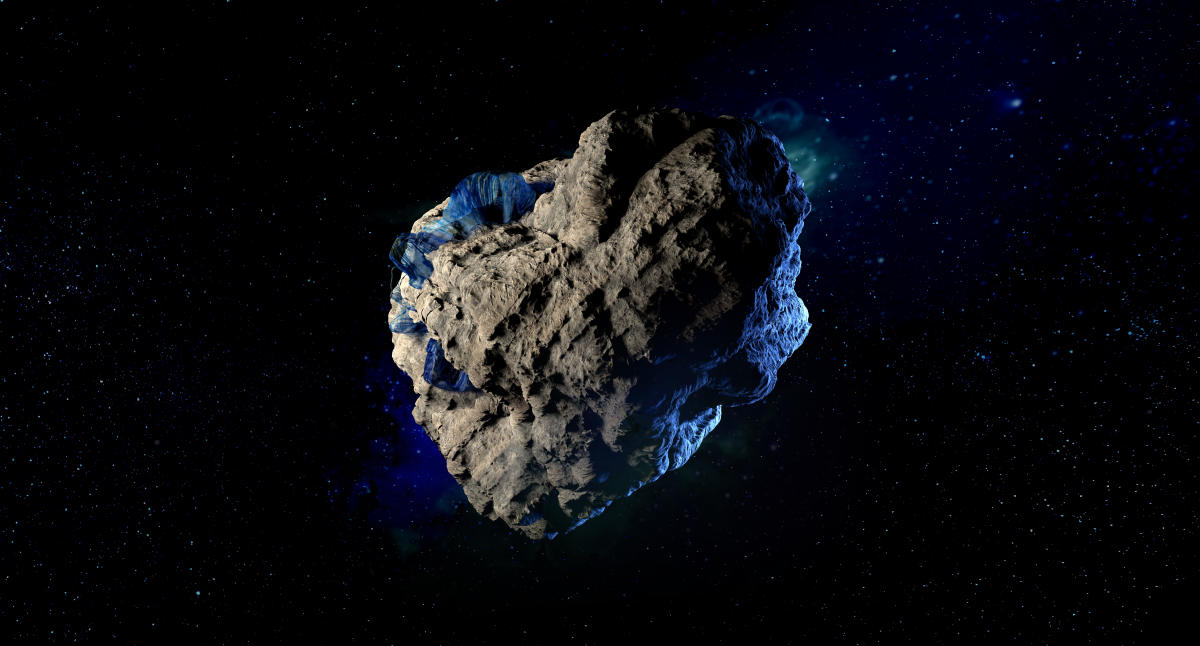
Scientists broadly agree that the Earth’s inner region was barren when it formed, and high temperatures prevented water from condensing. The most likely scenario is that comets or asteroids, which reside in the outer reaches of the solar system where temperatures are much colder, carried water in the form of ice to Earth during impact events.
The role of asteroids in bringing water to Earth
Researchers at the University of Arizona’s Lunar and Planetary Laboratory discovered tiny crystals of table salt in a sample from an asteroid, indicating that many S-type asteroids might be wetter than previously thought. The samples from the asteroid Itokawa suggest that water could have been present in ordinary chondrites and therefore sourced from much closer to the sun than was initially thought. Researchers believe that the most common asteroids may contain much more water than previously thought, making the idea that most of the water on Earth arrived from asteroids plausible.
The Winchcombe meteorite supports the theory of asteroids as the primary source of water on Earth
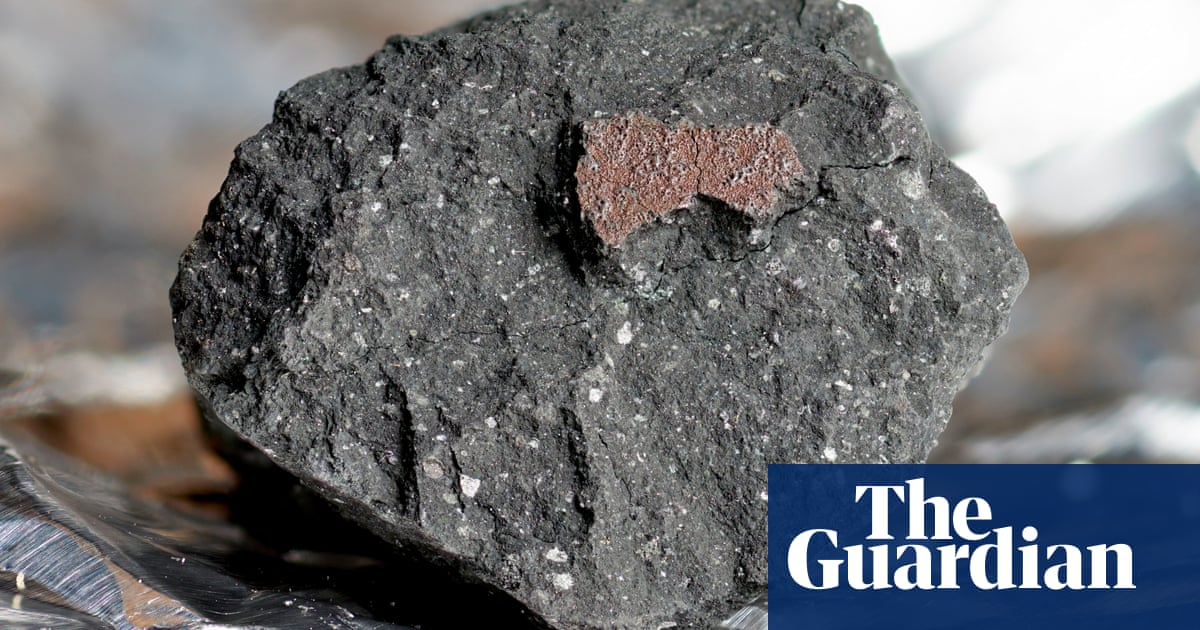
The recent discovery of the Winchcombe meteorite in Gloucestershire, England, with its close match to water composition on Earth, has furthered the theory that asteroids delivered water to Earth. The meteorite, which was one of the “most pristine” specimens for analysis, provided a glimpse into the original composition of the solar system. Researchers found that the Winchcombe meteorite originated from an asteroid body near Jupiter and contained extraterrestrial amino acids, which are fundamental to the origin of life.
The rarity of the Winchcombe meteorite and why it’s so important
The Winchcombe meteorite is the first-ever carbonaceous chondrite meteorite, which contains materials present during the formation of the solar system, to have been located in the UK. Its composition is so pristinely preserved that it allowed for rare uncontaminated analysis of a meteorite sample. Most meteorites are random rocks found without an impact record. The fact that this meteorite was recovered hours after the impact means it is one of the most pristine specimens available for analysis.
Our planet’s water may have arrived earlier than previously thought
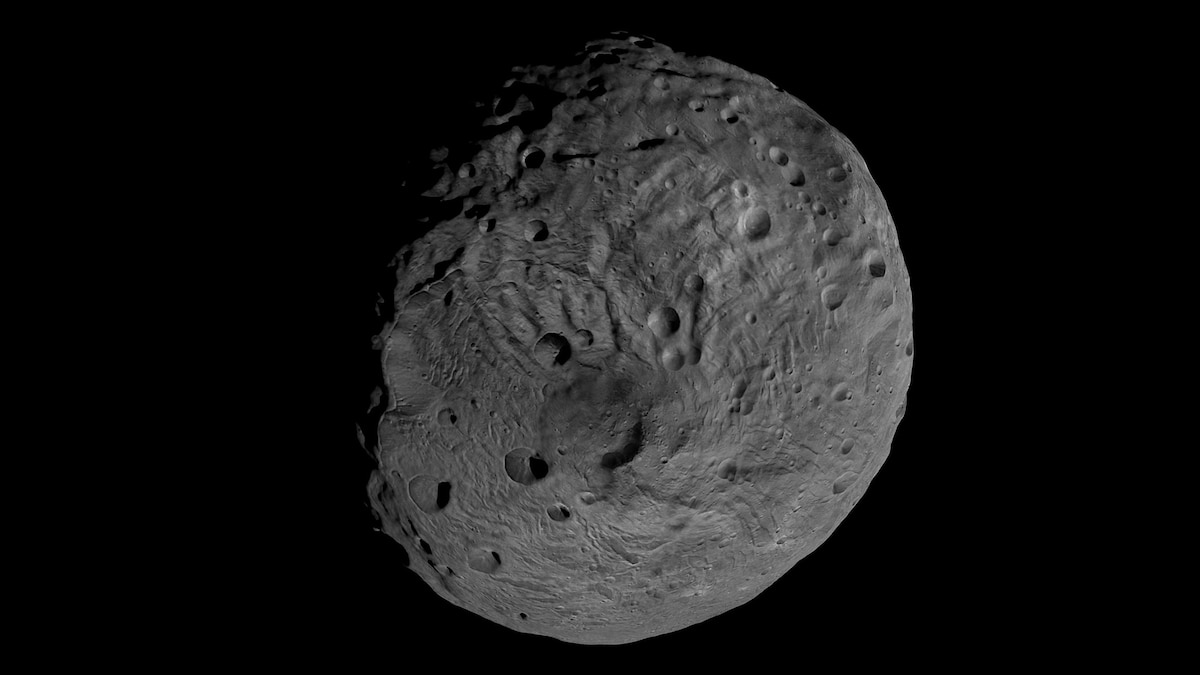
A study led by Adam Sarafian at WHOI in Massachusetts found that our planet’s water may have arrived much earlier than previously believed. This study pushed back the timeline of the origin of Earth’s water by hundreds of millions of years, which indicates that our seas may have been present at the planet’s formation.
What the study reveals about the origins of Earth’s water
Scientists have long suspected that Earth formed dry, with subsequent impacts creating a molten surface. However, Sarafian’s study indicates that water may have arrived during Earth’s formation. The study also suggests that Mars may have played a role in this water delivery, as it occupied a similar position in the solar system’s wetter outer region.
The moon colliding with Earth played a role in delivering water
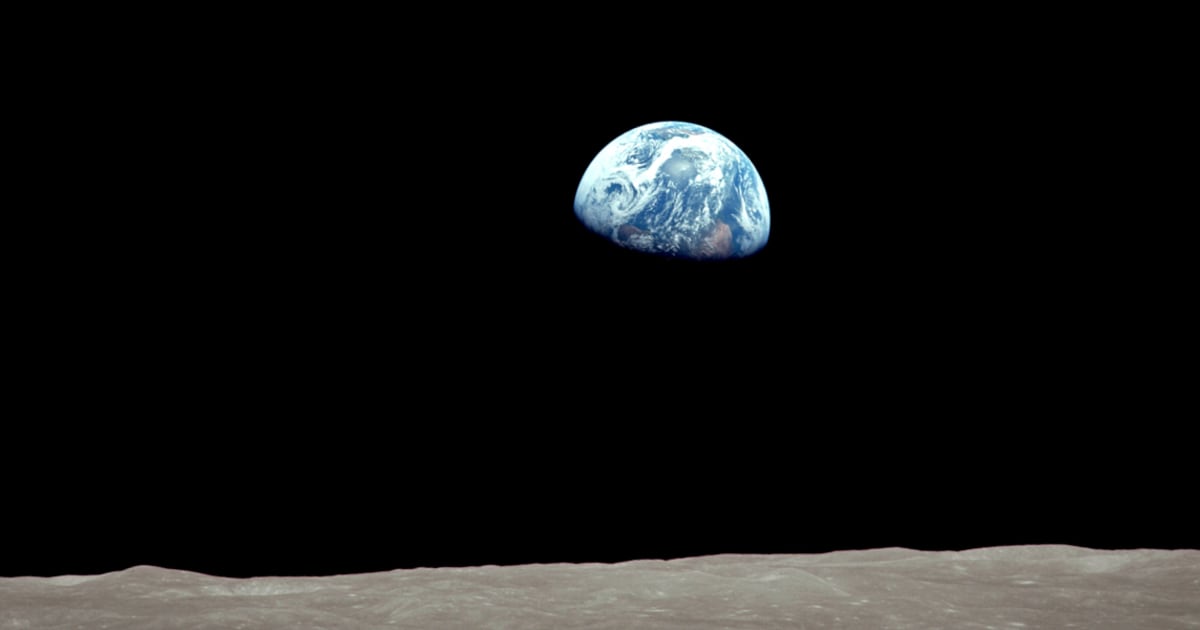
Another study indicates that the collision between Earth and a celestial object, likely the size of Mars, may also have played a role in delivering water to our planet. The research team in Germany found traces of the metallic element molybdenum in terrestrial rocks and meteorite samples. They say that some of Earth’s molybdenum could come from the outer solar system, meaning that some of the material from the outer solar system was delivered when the moon forming impact occurred.
The implications of the research findings
The research findings all suggest that water delivery mechanisms to Earth have been more varied and complex than previously believed. It appears that asteroids, comets, other celestial objects, and even the moon may have been instrumental in bringing water to our planet, but the exact nature of its origins remains elusive.
Conclusion
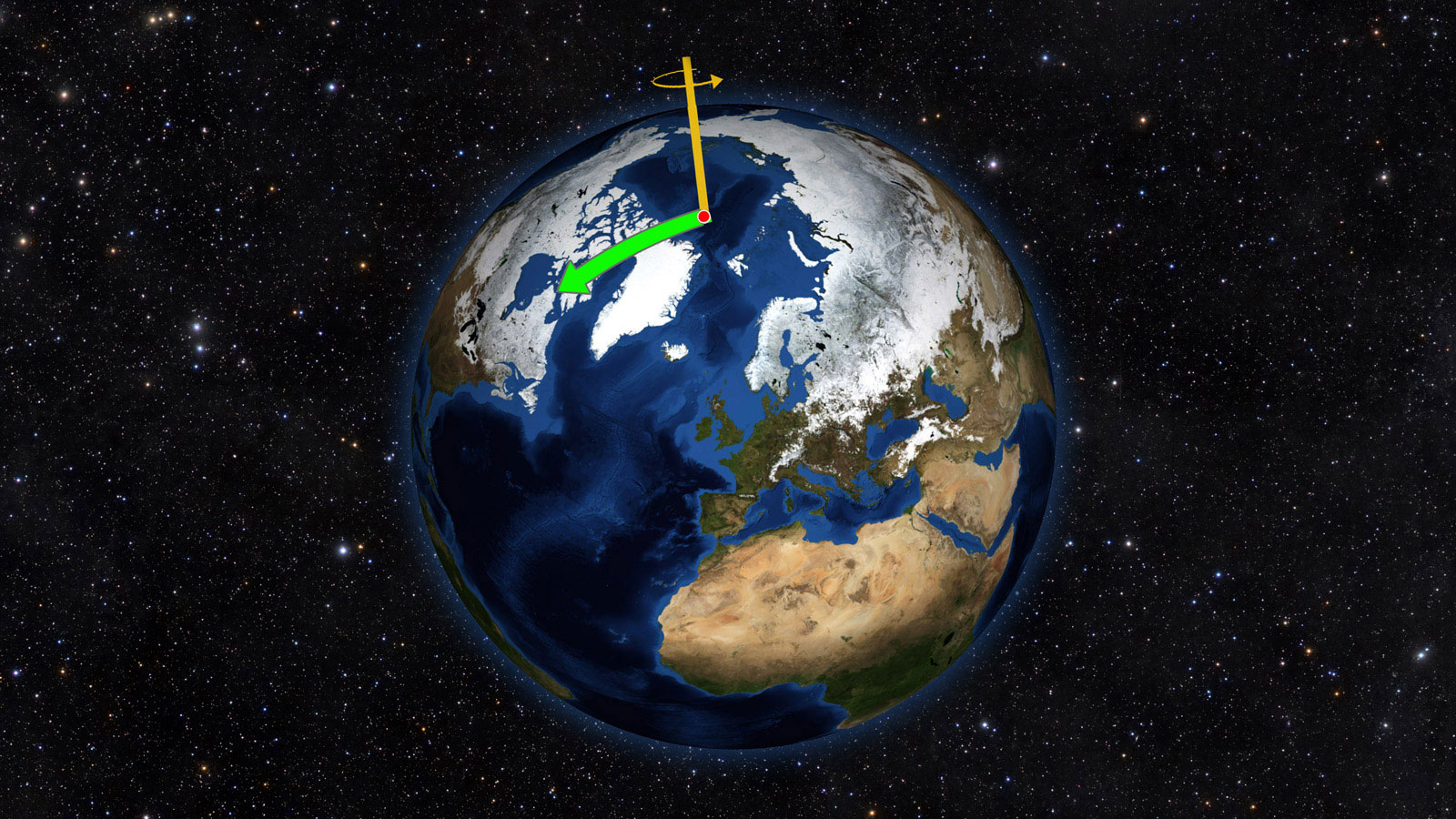
The mystery of how water arrived on Earth is nearing resolution as scientists conduct more research and a clearer understanding of water delivery systems to our planet’s formation is revealed. Most of the evidence points towards asteroids as the primary conveyor of Earth’s life-giving water, but other celestial bodies such as comets, the moon, and Mars may also have played a role. As the quest to understand our planet’s origin continues, it’s clear that water is central to answering one of the most fundamental questions of human existence: where did we come from?
FAQ

Q. Are the findings definitive?
The research findings provide compelling evidence about the origins of water on our planet and prove that asteroids and other celestial objects played a vital role in bringing water to Earth. However, new discoveries may arise, and the quest to fully understand water’s arrival on Earth continues.
Q. How does this research help us with the search for extraterrestrial life?
Water is critical to life, and understanding its origins on our planet is essential in the search for life beyond Earth. By understanding how water arrived here, we can identify other celestial objects and planets with similar conditions that may harbor life.
Q. How did the meteorite crash-land in Gloucestershire?
Meteorites are remnants of asteroids that have fallen to Earth. They enter the Earth’s atmosphere at high speed and are slowed down by atmospheric pressure; they then fall to the ground. The Winchcombe meteorite is unique because it was recorded by multiple cameras and recovered within hours of its impact, making it an almost pristine specimen.
Q. How can we use this research to help us conserve water on Earth?
Understanding the origin of water on our planet is essential in developing strategies to conserve this valuable resource. The research findings can help us identify ways to manage and maintain the water supply for future generations.
Q. Will we ever know definitively where water on Earth came from?
The search for the origins of water on our planet continues, and new discoveries will likely continue to reveal new information. However, the research conducted thus far has provided compelling evidence that asteroids and other celestial objects played a significant role in delivering water to Earth, and these findings will go a long way in answering the mysterious yet fundamental question of where our watery planet came from.

